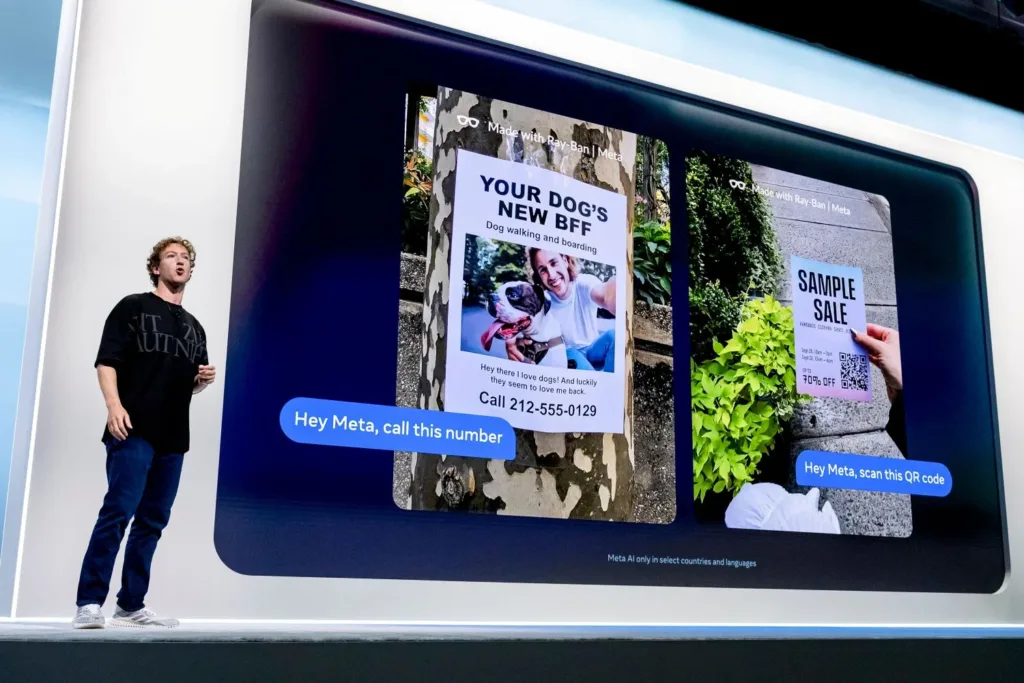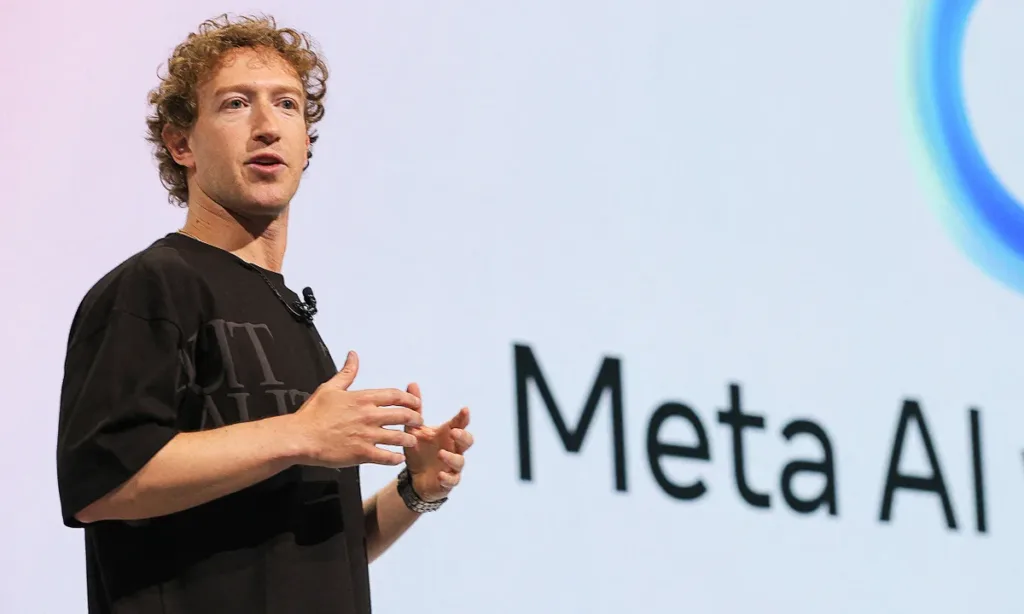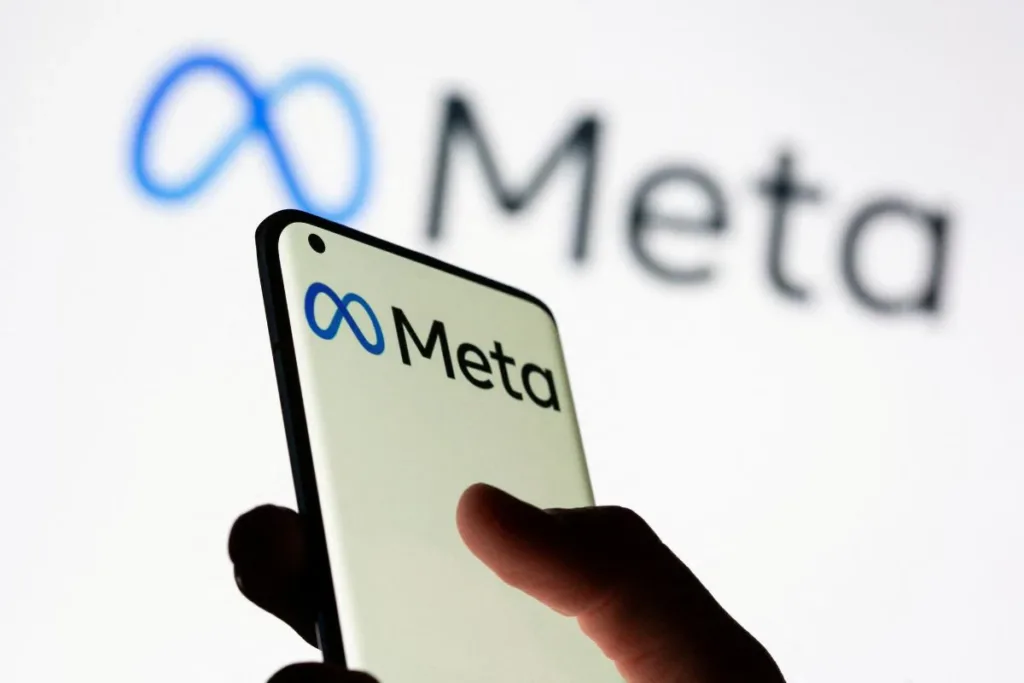Which Books Zuckerberg’s Team Illegally Downloaded for Meta’s AI Revealed!

Artificial Intelligence (AI) has revolutionized the tech world with promises of ground-breaking advancements, but its rapid rise comes with significant costs. While is transforming industries, it is also consuming massive amounts of resources—energy, hardware, and, most critically, data. This insatiable hunger for information is not just a matter of convenience but has wide-reaching implications for the economy, privacy, and intellectual property.
The Energy and Cost Demands of AI
AI isn’t just “smart”—it’s power-hungry. Training large systems, especially large language models (LLMs) like OpenAI’s ChatGPT, requires vast amounts of electricity. The data centers that run these systems are some of the most energy-consuming operations in the tech world. This leads to substantial costs for companies, both in terms of financial investment and environmental impact. To add to that, these systems need extensive hardware and cooling infrastructure to function efficiently.

While the cost of running systems can be staggering, the effects go beyond just money. AI hype can send shockwaves through the economy, influencing everything from stock markets to the way tech companies operate. But there’s another, more subtle way AI’s impact is felt: the demand for data.
The Data Hunger: Running Out of Text
Large language models, the brains behind tools like ChatGPT, need enormous datasets to function. They learn language by analyzing vast amounts of text from books, articles, websites, and more. But here’s the problem: we’re running out of raw data. As computer science expert Stuart Russell pointed out back in 2023, “We’re literally running out of text in the universe to train these systems on.” In 2025, this issue is becoming more pronounced. The need for data is growing, but the supply is shrinking, creating a bottleneck in the AI development pipeline.
Meta’s Controversial Data Harvesting: A Peek Behind the Curtain
Meta, the parent company of Facebook and Instagram, found itself in hot water earlier this year after a court case revealed some shocking truths about its data-harvesting practices. In January, Meta lost a lawsuit filed by a group of authors who accused the company of illegally using their books to train its model, Llama. The case uncovered that Meta had downloaded millions of protected texts from a notorious pirate library known as LibGen. These books, which were not legally purchased, were then fed into Meta’s system to fine-tune its algorithm, allowing the company to create a powerful language model without paying for the content it used.

In other words, Meta had taken intellectual property from authors and used it to build a profit-generating tool—without any compensation for the creators.
The Scale of Meta’s Data Operation
The scale of Meta’s data harvesting operation is staggering. A new search tool compiled by The Atlantic allows anyone to track the specific books and academic papers that Meta scraped from LibGen. The results show that Meta’s operation spans over 7.5 million books and an additional 81 million academic papers. This is not limited to just novels and textbooks—it includes works published by museums, architects, artists, and other creators.
This discovery has sparked intense debates about copyright laws, ethics, and the growing issue of media piracy in the digital age. Some, like Wired writer Justin Ling, argue that while LibGen’s mission to make content freely accessible to the public may have merit, the issue lies in companies like Meta exploiting that content for profit. “The problem isn’t LibGen making content available for free. It’s Meta stealing that material for profit,” Ling explained.

The Future of AI and Data Ethics
The legal battle over Meta’s use of pirated content is far from over, with a decision expected by summer 2025. However, the damage may already be done. Meta’s system, Llama, is already being deployed on platforms like Facebook, Instagram, and WhatsApp, affecting millions of users worldwide. This situation raises larger questions about the future of data usage, intellectual property rights, and the ethical implications of AI development.
Will companies like Meta be held accountable for their data practices? How will the world balance the growing need for data with the protection of creators’ rights? These questions are at the heart of the ongoing discourse surrounding AI, and the answers will shape the future of technology, privacy, and intellectual property for years to come.
As continues to evolve, the stakes are high. What happens next could redefine how data is used and who truly owns the information we generate.






